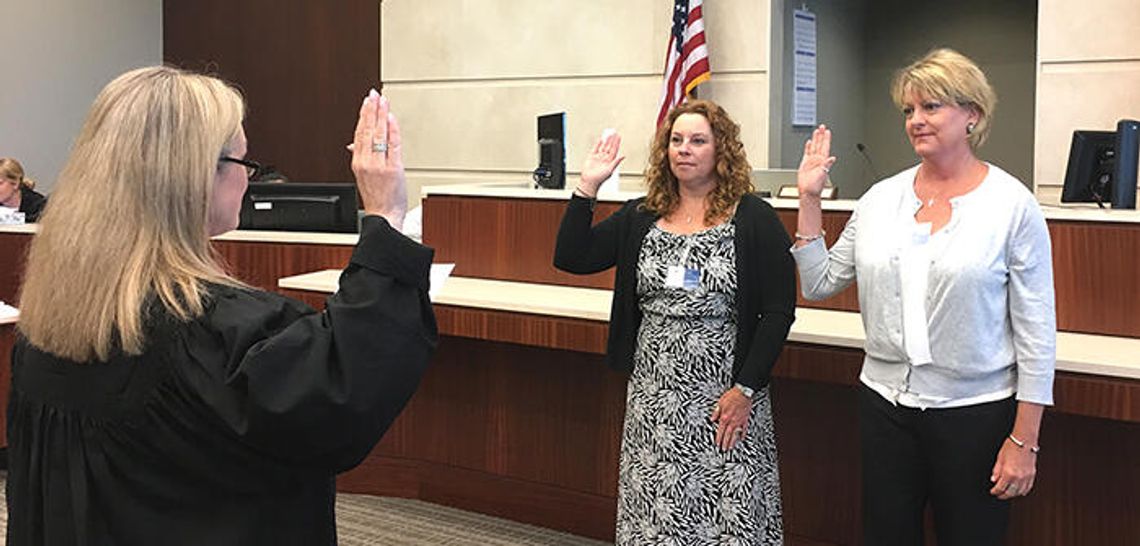[dropcap]T[/dropcap]he future of foster care in Texas has been teetering towards the brink of a full- blown crisis.
Overworked caseworkers, children sleeping in Child Protective Services (CPS) offices due to a shortage of foster beds and abuses within the system are just a few of the major issues concerning child welfare advocates and state leaders.
“It became an issue statewide as children kept dying,” said San Marcos resident John Barthel, a volunteer special advocate for the Court Appointed Special Advocates (CASA).
PLEASE LOG IN FOR PREMIUM CONTENT. Our website requires visitors to log in to view the best local news.
Not yet a subscriber? Subscribe today!











